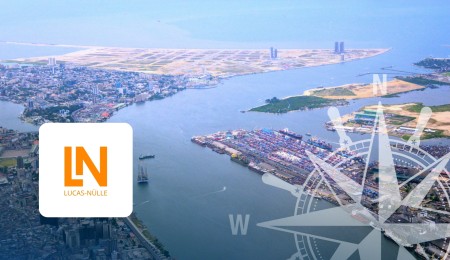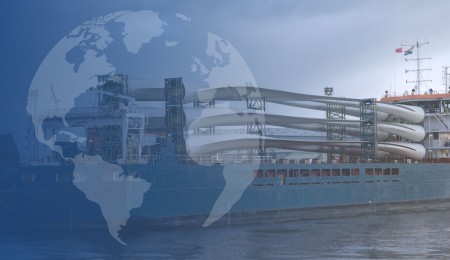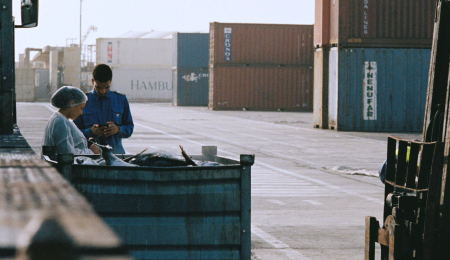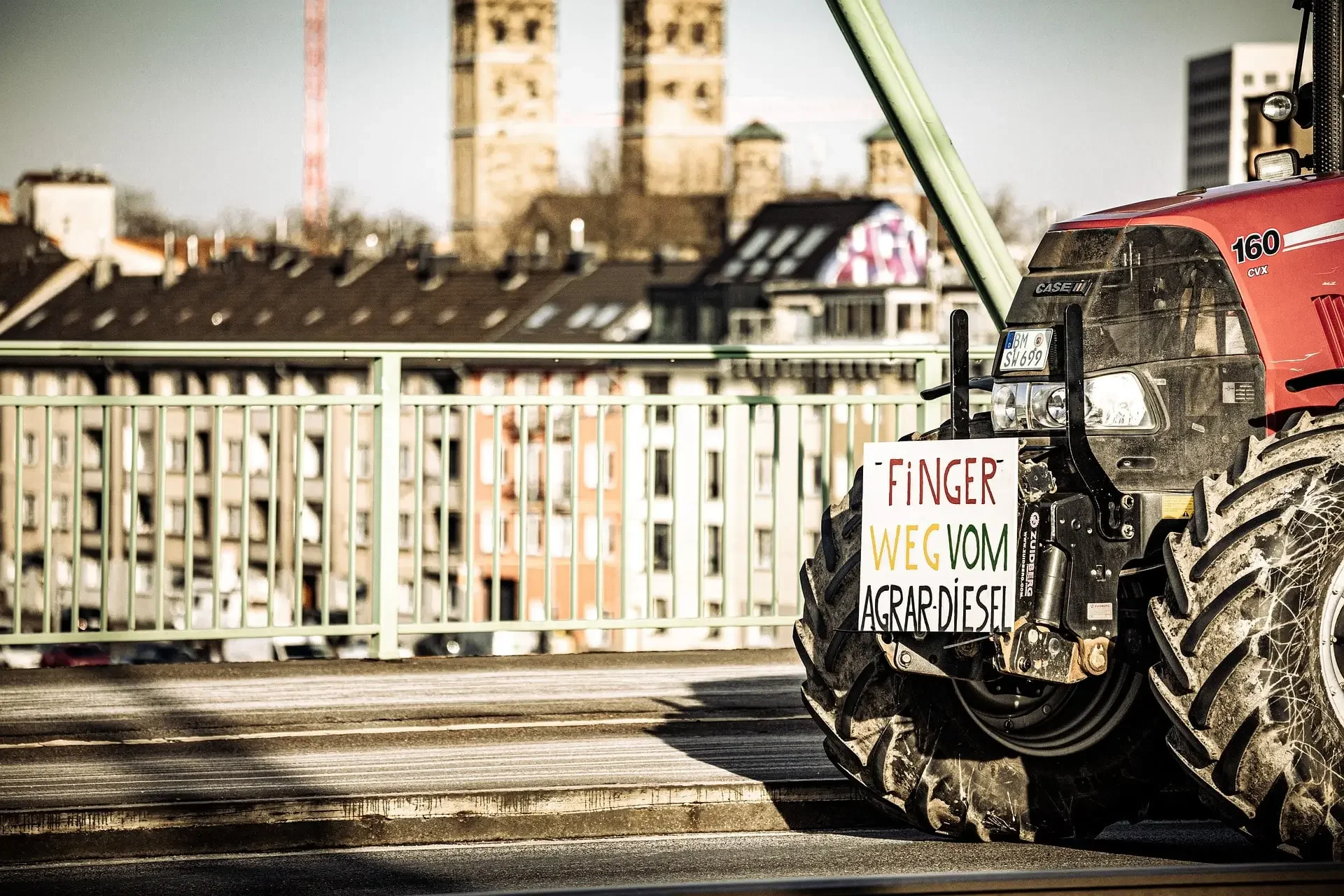
Background: Why farmers are taking to the barricades
It was the proverbial straw that broke the camel's back. The announcement by the traffic light coalition that both the refunds for agricultural diesel and the exemptions from vehicle tax for agricultural and forestry vehicles would be abolished in order to save money triggered a wave of protest among farmers and other sectors showing solidarity that has probably never been seen before in this country. Despite the German government's agreement to at least gradually phase out the agricultural diesel subsidy by 2026, the anger and the gap between the state and the realities of rural life could not be greater at the moment.
With their nationwide week of action, farmers proved all the more clearly that they are prepared to defend themselves against measures taken by political decision-makers. After all, it is not only since yesterday that German agriculture has been confronted with growing burdens - from an enormous burden of bureaucracy to the Expansion of the truck toll and the latest decisions on agricultural diesel. Many farmers therefore see their competitiveness at risk and fear for their existence.
What impact have the protests had so far?
As expected, the general traffic jams and blockades of main roads and highway entrances caused by the protests did not leave the logistics chain unscathed. However, important distribution centers, including those of Rewe, Netto, Aldi Nord and Amazon, were also blocked by farmers. This in turn also caused supply bottlenecks, with shelves remaining empty in some places due to a lack of replenishment.
The farmers' protests reached a temporary climax on Monday, January 15 at a large demonstration in Berlin. Thousands of farmers, tradespeople and haulage companies from all over Germany gathered despite the freezing temperatures to press their demands for fairer conditions and a review of political decisions. The flood of tractors and trucks in front of the Brandenburg Gate and in the streets of Berlin brought traffic in and around the capital to a massive standstill.
In the midst of the farmers' protests taking over Germany's roads, the logistics industry is also facing a number of contractual and liability challenges with regard to its contractual obligations and potential liability risks. In this context, the German Freight Forwarding and Logistics Association (DSLV) has issued a series of recommendations for the companies affected.
A key measure is to inform clients about potential obstacles to performance at an early stage. This proactive communication is crucial in order to be able to react appropriately to delays caused by protests. In particular, it is emphasized that in the event of blockages after taking over the goods, the carriers are obliged to inform their clients immediately and ask for instructions.
This makes it possible to continue transportation under difficult conditions without taking additional risks for the company or other shipments.
Another important point emphasized by the DSLV concerns demurrage. In situations where freight forwarders are forced to wait longer than usual due to protest actions, they are entitled to demurrage charges. In terms of liability law, freight forwarders are generally responsible for damage caused during the transportation phase. However, there are exceptions - for example, if the circumstances that led to the damage could not have been avoided even with the greatest care.
The financial burden is more than just an agricultural problem
Are the blockades we have seen these days just the beginning of a growing wave of protest that threatens to spread to other sectors of the economy? The Berlin rally was not quite over when several industry associations from the logistics sector, including the Bundesverband Logistik & Verkehr-pro e.V., Bundesverband Güterkraftverkehr Logistik und Entsorgung (BGL) e.V. and the DSLV Bundesverband Spedition und Logistik e.V., called on German hauliers to stage further protests - which they did.
The main motivation here is also the demand to abolish the double burden in the form of toll increases and CO2 surcharges on diesel. As can be read in numerous statements from the associations and companies, many of them feel ignored and not sufficiently involved in the legislative process. This sector is also prepared to paralyze the country if the demands are not met.
In view of the fact that around 80 percent of all goods in Germany are transported by truck, one can already begin to imagine the consequences of further protests - not only in Germany, but also in the international trade in goods, because: Trucks play a significant role in the pre-carriage and onward carriage of sea freight.
There is no doubt that the economic concerns go far beyond the direct effects of the lockdowns. High energy costs and increased prices, which affect both companies and their employees, require substantial adjustments. Calls for higher wage settlements are a direct response to this rising cost of living - as are calls for real incomes to be adjusted in line with inflation in order to boost private consumption.
The demands of the protesters, with which the federal government is now confronted, are complex, but reactions to them have so far remained muted. However, politicians will not be able to avoid promoting a dialog that takes up the discontent and actually leads to viable solutions.
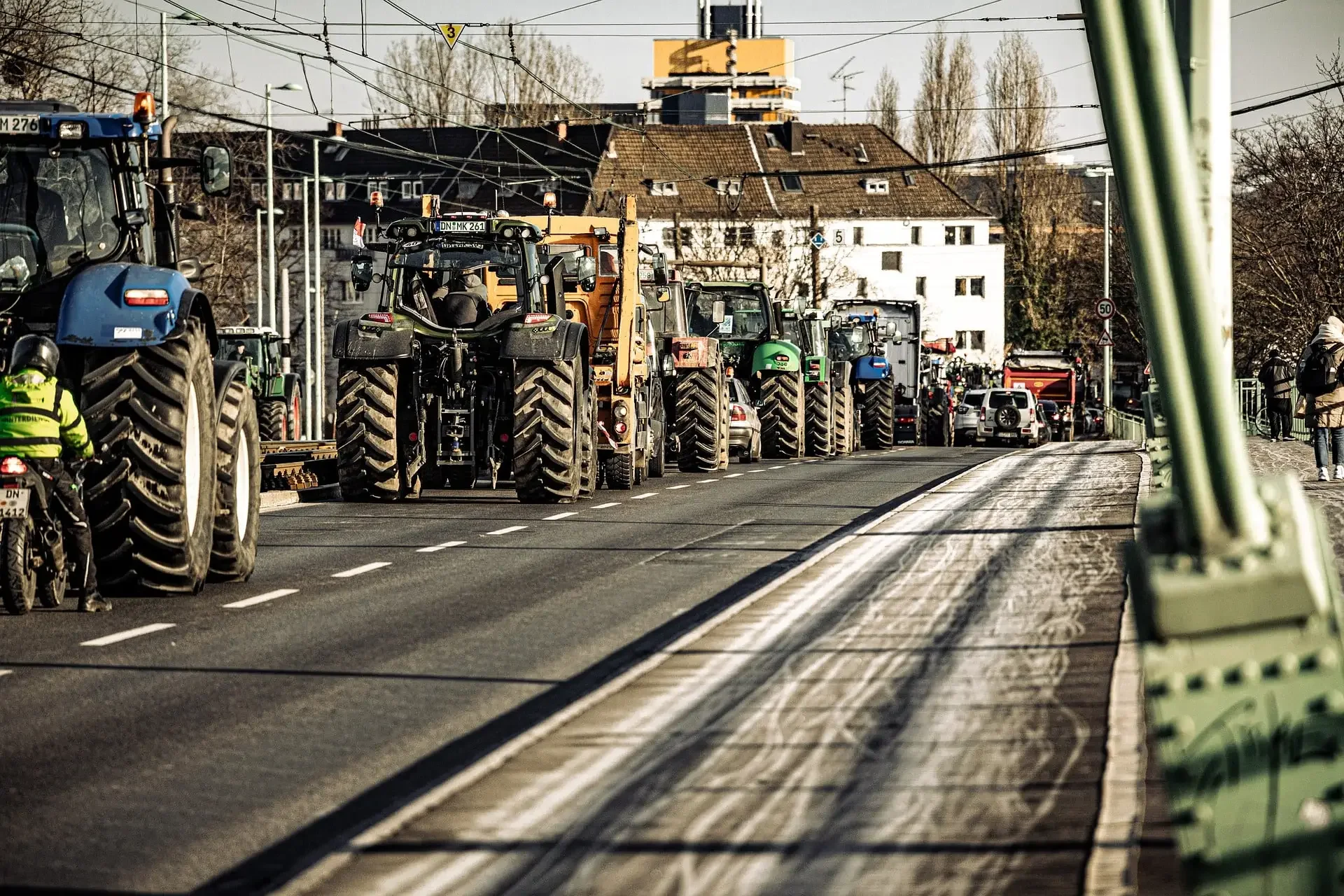
Adaptation under pressure
The farmers' protests in Germany are not just a snapshot in time. They could represent a turning point in the way economic interests, political decisions and the needs of society are reconciled. In the long term, these protests and the reactions to them represent an opportunity to think about sustainable solutions for agriculture and the logistics industry.
For the freight forwarding industry, this means adapting to a future where flexibility and adaptability are key. This could include the use of innovative technologies to optimize routes and the development of more robust supply chains that are more resilient to unpredictable events. Greater networking within the industry and a more intensive dialog with political decision-makers could also help to better overcome future challenges.
On the political side, however, concrete and well thought-out measures are required that take into account both the financial realities and the needs of the agricultural and logistics sectors. A fair balance must be struck between economic requirements and ecological goals in order to develop solutions that are actually sustainable and do not jeopardize the competitiveness of farms.




